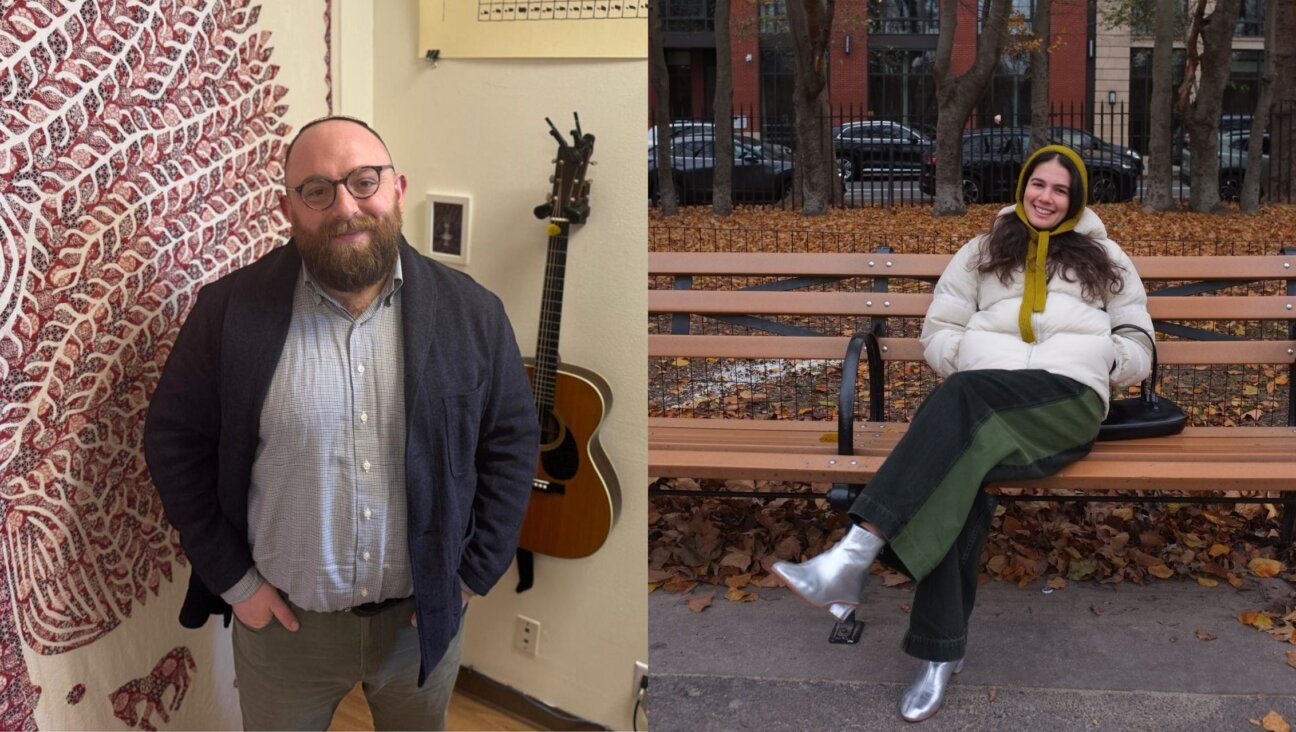Does Yom Kippur Unite or Divide?
Does Yom Kippur in Israel unite or divide the country’s Jewish population?
Gesher, a nonprofit that promotes religious-secular dialogue, believes that a poll it just commissioned with Ynet shows the holiday’s unifying function. The poll found that 58% of Israeli Jews plan to fast. Taking a closer look at the figure for fasting, that means that nearly 100% of religious Jews and 87% of “traditional” Jews will fast, while 54% of “secular” Jews say they won’t fast.
“This is a day for everyone, which connects all factions among the people of Israel,” said Gesher director Ilan Gal-Dor in response to the poll, and in a sense he is correct. The fact that almost one in two secular Jews will fast to adhere to a system of religious law they generally reject is notable.
But in another sense, Yom Kippur highlights the deep divisions among Israeli Jews. True, a surprisingly high number of seculars will fast, but the emphasis of the day could not be more different between religious and secular. For religious, it is an intense day of prayer spent in synagogue. For secular, although it may involve a brief visit to synagogue, Yom Kippur has become a bicycling and movie-watching holiday. Because the roads are by long-standing tradition free from traffic, and the television airwaves are free of programming, it is a perfect time for cycling and DVD marathons. Go out on the streets on Yom Kippur and the scene resembles the Tour de France.
And this year, for the first time, there’s a public clash between the two approaches to Yom Kippur. Until now, cycling has been a private affair, insofar as you take your own bike and ride it. But in the last year, the Tel Aviv municipality has launched a citywide bike hire scheme that allows people to rent bicycles by the hour. Yom Kippur would almost certainly be the busiest day of the year… had Tel Aviv not shut down the service for the day under pressure from the Haredi political faction Shas.
















